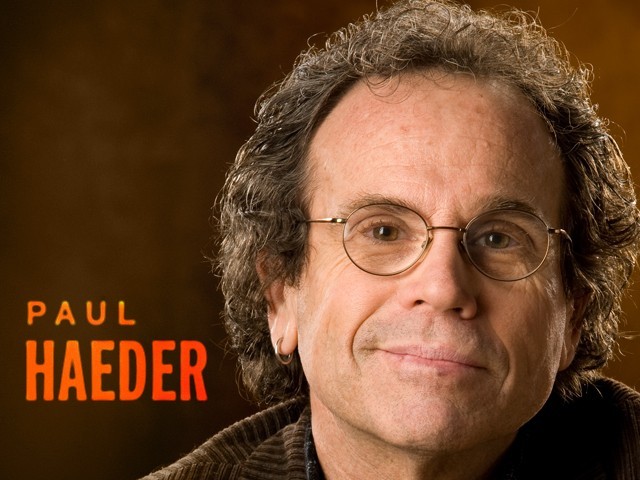As we approach 2010, prognosticators will assess the breaking-news headlines of 2009: hemorrhaging employment, foreclosures, climate change, society’s struggle against corporations, Wall Street and banks, the continuing irrelevance of the Republican Party and all things tied to sports, celebrities and consumerism.
Unmitigated superficiality will inculcate many of these mainstream print, broadcast and Web analyses. Gotta hear from Sarah Palin on climate change. Or multimillionaire George Will, puffing up like a fish while defending Kansas’ $2.65-an-hour minimum wage. Or General David Petraeus, mincing words on how the so-called Iraq surge did or did not work.
Through the miasma of the echo chamber, with K Street and Madison Avenue’s subterfuge, hardworking voices of truth are risking life and limb.
Sadly, 2009 has been a most dangerous year for reporters.
At least 68 journalists were murdered this year, 70 percent of whom were killed deliberately for their work. That’s a 60 percent increase over last year, and those being killed are beat reporters covering local stories, according to a report from the Committee to Protect Journalists (CPJ).
Those killed, disappeared, kidnapped, mugged or threatened journalists cover such stories as the Mexican military’s collusion with drug cartels, Russian billionaires’ trafficking humans, elections in the Philippines, civil wars everywhere and resource plundering in the Middle East, Africa and Asia.
CPJ, Reporters Without (Sans) Borders, and Editor and Publisher report that more than 85 percent of those murderers have never been brought to justice. As CPJ Deputy Director Robert Mahoney says, “This has a poisonous effect on good journalism.”
Thomas Jefferson firmly believed liberty could only be guarded by freedom of the press. Yet year after year, in poll after poll, like those conducted annually by the Center for the People and the Press, three out of four Americans have nothing good to say about the media.
We might not have the same level of “killing the messenger” here as in Algeria, Iraq and Russia, but we do show an alarming trend toward giving voice to FOX News and cretins like Rush Limbaugh — who actually suggested that longtime environmental reporter Andrew Revkin kill himself in October after Revkin did a story on cutting back carbon emissions.
“If he really thinks that human beings, in their natural existence, are going to cause the extinction of life on Earth,” Limbaugh spewed, “Mr. Revkin, why don’t you just go kill yourself, and help the planet by dying?” Last week, I had the rare pleasure of talking with Russian journalists about this sort of U.S. media creation (and others) in a two-hour interview (to be aired on community radio station, KYRS). Elena Berezhkova, Dmitry Bykov, Milana Dzhiganshina and Vladimir Kravstov visited Spokane in an exchange set up by Open World Program.
In Russia, as across the globe, journalists who uncover government and mafia-style corruption have bull’s eyes on their backs. Bykov, who is an on-air reporter for Moscow TV Stolitsa, lamented fellow journalist Anna Politkovskaya’s murder in October 2006. She was fearless in her opposition to Russia’s wars in Chechnya, once characterizing President Vladimir Putin as a “KGB snoop” and comparing him to Stalin.
A recent International Federation of Journalists report puts the death toll since 1993 at 313 Russian journalists killed. From covering war, to outright mafia-style hits, to bizarre accidents, this is sobering to us all. What hit me most was that the visiting journalists, ranging in age from 30 to 41, wanted to move on to topics less… painful — or, in their own words, “ no old news.”
What is important to our public is that there are voices in Russia — newspapers like Novaya Gazeta and Khimkinskaya Pravda and the radio station, Echo of Moscow — willing to expose the underbelly of a Russia controlled by billionaires, profiteers and lawlessness.
I can’t fault the young Russian media reps from wanting a cultural exchange. But what came out of the interview parallels much of what is catalyzing here, and it’s not good news: Like their American counterparts, Russian TV, radio and newspapers are cutting back, and investigative reporting is turning to “reportage lite” or is gone altogether.
Good luck in the New Year, reporters. Keep your notepads dry and heads down.
At least 68 journalists were murdered this year, 70 percent of whom were killed deliberately for their work. That’s a 60 percent increase over last year, and those being killed are beat reporters covering local stories.
















